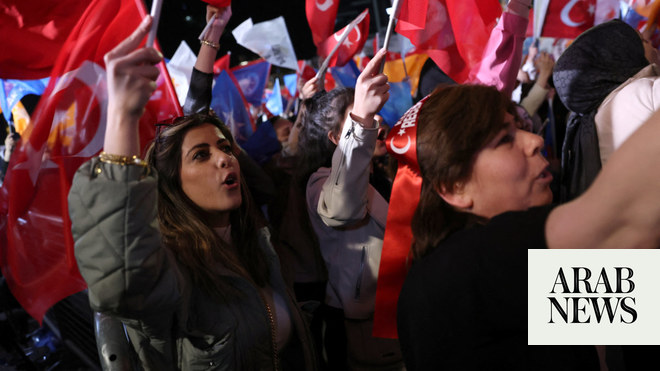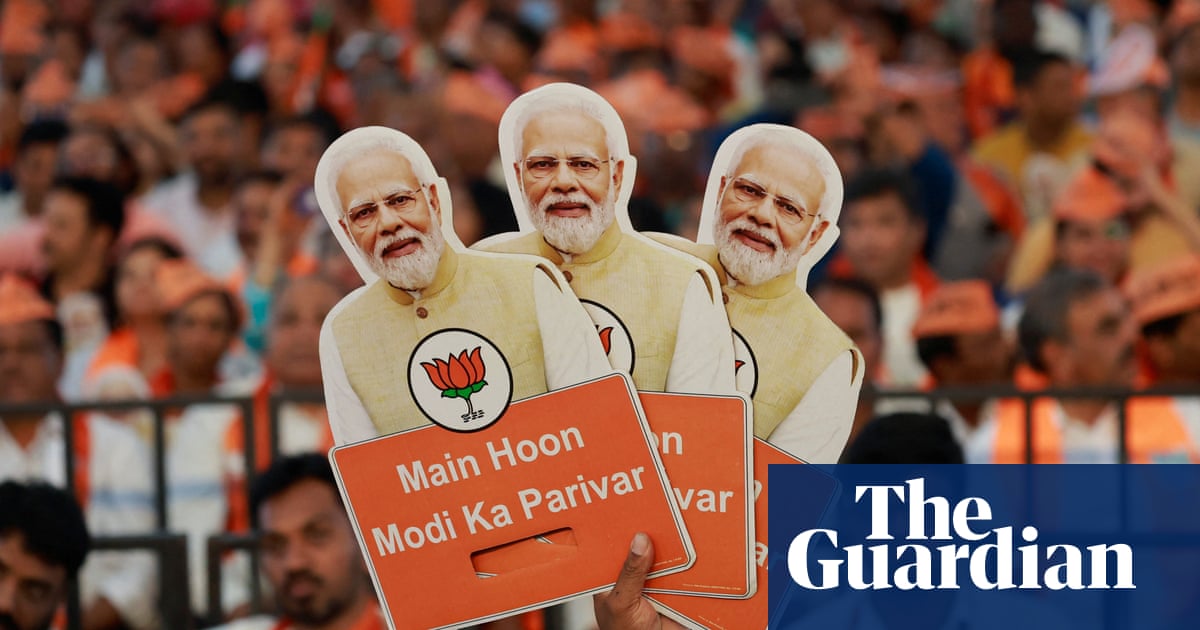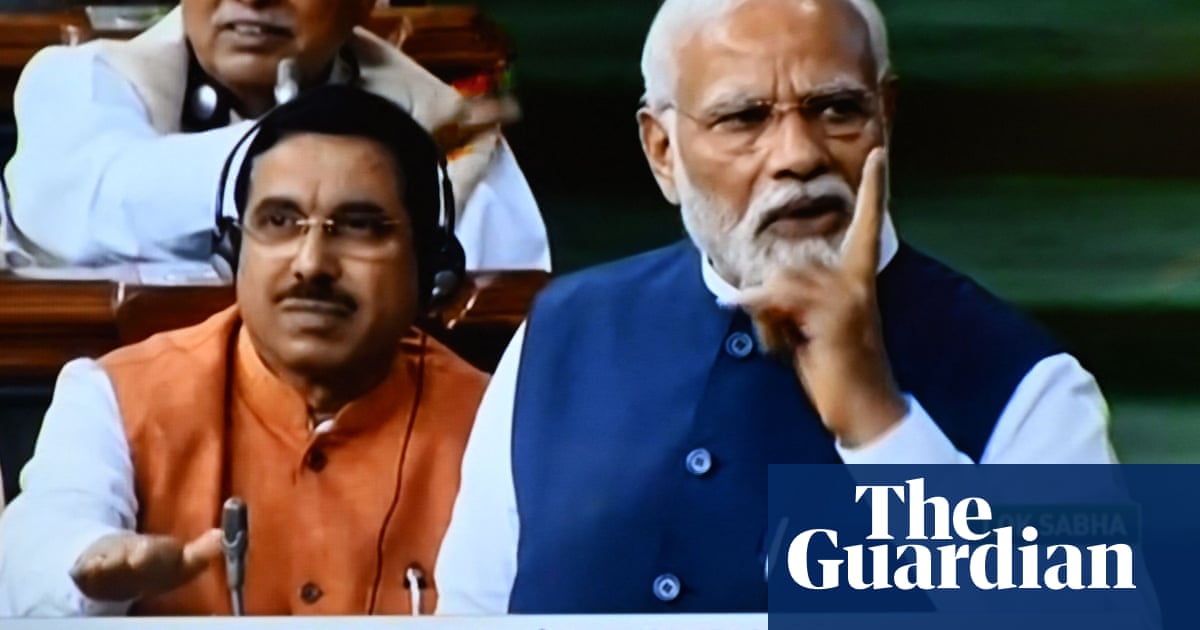
Narendra Modi is facing the first test of coalition politics after losing his outright majority in the Indian election, with smaller coalition allies emerging as powerful kingmakers in the formation of the government.
Modi’s Bharatiya Janata party (BJP) won the most seats in the election results declared on Tuesday, but not enough to pass the 272 parliamentary majority mark, forcing it to rely on coalition partners to return to power.
Having enjoyed an overwhelming majority for a decade, negotiating a coalition is new and many believe tricky territory. “For the first time in his political career, Narendra Modi will have to play the coalition game,” said Prof Christophe Jaffrelot of King’s College London.
It appeared the smaller parties who are part of the BJP-led National Democratic Alliance (NDA) were using their newfound power within the coalition to their advantage, demanding influential cabinet seats and parliamentary posts.
The Telugu Desam party (TDP), which has 16 seats and is led by Chandrababu Naidu, is reportedly seeking the position of parliamentary speaker as well as five cabinet seats and special status for the state of Andhra Pradesh that it governs, which would grant more funds.The chief minister of Bihar state, Nitish Kumar, who heads the Janata Dal (United) party, is also said to be demanding at least three cabinet seats.
Yet according to reports, the BJP is not in the mood to let go of any key ministries. It is said to be refusing to entertain that any key posts in defence, finance, home affairs and external affairs, or indeed transport, highways and railways, would go to anyone other than its own ministers.
While all the NDA parties came together to assert that Modi was the alliance leader and their chosen prime minister candidate, the political horsetrading in order to form the coalition appears to put Modi on the back foot even before he takes office. Several of the parties he is relying on to return to power have a chequered past in coalitions, having both previously switched sides – in Kumar’s case numerous times.
The NDA is also on a tight deadline to reach a consensus as plans have already begun for Modi’s swearing in ceremony over the weekend. It was initially touted to be held on Saturday but is now reported to be delayed until Sunday evening.
Invitations have already gone out to regional leaders to attend the ceremony, with the Sri Lankan president, Ranil Wickremesinghe, Bangladesh’s prime minister, Sheikh Hasina, and Nepal’s prime minister, Pushpa Kamal Dahal, among those who have said they would attend.
Rishi Sunak was among the world leaders to call Modi and congratulate him on his victory. The US president, Joe Biden, said “the friendship between our nations is only growing”, while the French president, Emmanuel Macron, congratulated his “dear friend”. The Russian president, Vladimir Putin, spoke on the phone with Modi on Wednesday and “warmly congratulated” him.
India’s opposition coalition, known as the INDIA bloc, announced on Wednesday that despite exceeding expectations and winning 232 seats as a collective, it would not be making a bid for power.
“We will take appropriate steps at the appropriate time to realise the people’s desire not to be ruled by the BJP’s government. This is our decision,” said Mallikarjun Kharge, the president of Congress, the largest opposition party.
Rahul Gandhi, the most well-known face of Congress, held a press conference on Thursday to allege Modi and other senior BJP figures had been involved in a stock market scam around the election, accusing Modi of giving out information to manipulate the stock market, which soared after his return as prime minister was confirmed. The BJP dismissed the accusations, with the outgoing trade minister, Piyush Goyal, responding that such claims were “baseless” and the result of the opposition being unable to handle election defeat.












